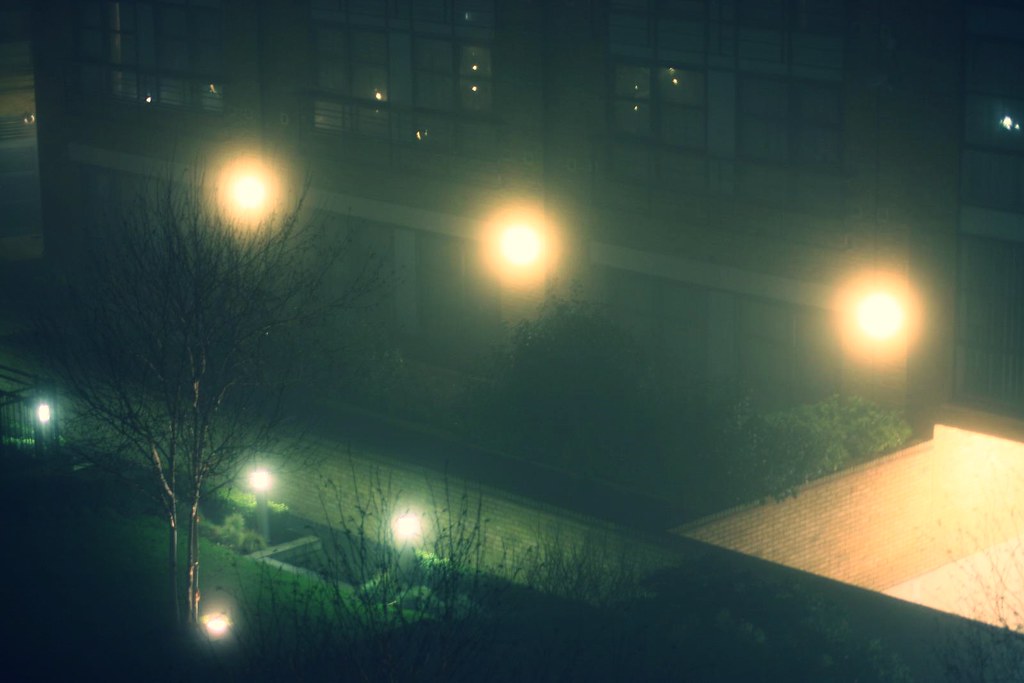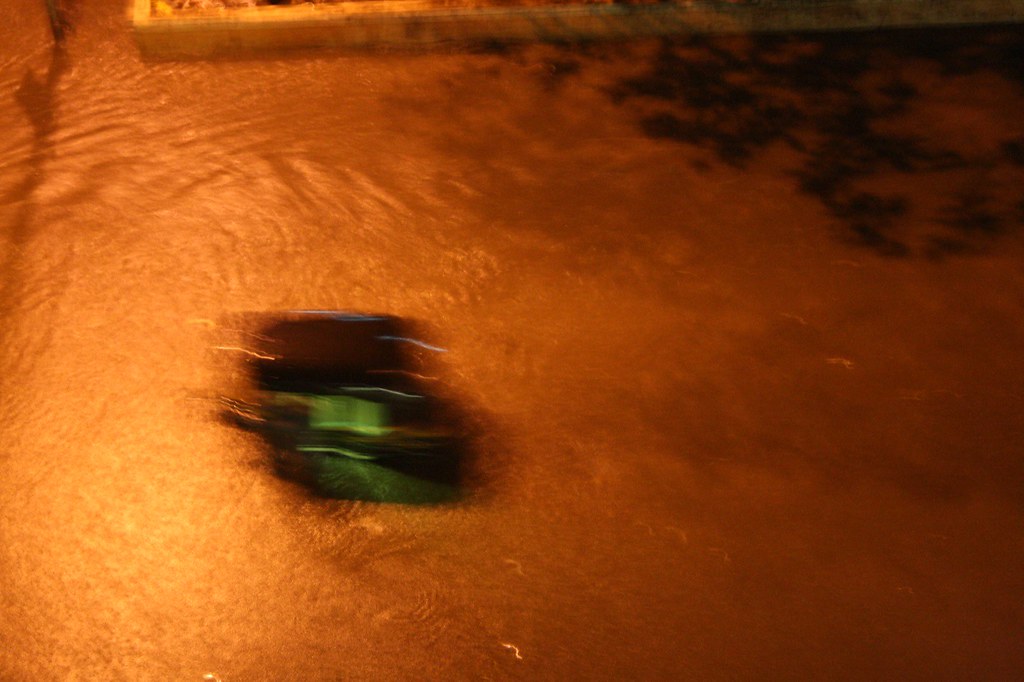Earlier, a short conversation ensued.
Something that I have struggled with for a while (and I continue to struggle). This post, is by no means an expression of any finality. Struggles are continuous. We take them with us to our pyre.
Ethics in Photography: Primarily related to manipulation through digital tools.
I first heard of Photoshop in the very-late 90s. I used to take photographs much before that. I never manipulated photos (I had no means to; didn’t have access to a darkroom). Then, with my introduction to Photoshop, I realised what was possible. It was still not easy. You had to get your photograph printed, scanned, and then manipulated.
Cut, to the last few years.
The ease with which we can now manipulate photos is a critical factor of how many photos we manipulate, and to what extent. When it was the darkroom, and the effort was huge, you’d be satisfied with the photograph you took. Most photo upload sites Instagram, for example, depend on manipulation. Notice how the app is created; the process calls for manipulation. As this became the norm, otherwise puritan sites like Flickr (yes kids, there’s something called Flickr, and yes, there’s an app for that) joined the bandwagon, and created a manipulate-first strategy. Like we have mobile-first strategy. The humble smartphone camera, humble, no more, now included built-in editing tools. It’s worth noticing, also, that the editing tools are primarily auto-fix or filters. Not Levels, or Curves, and such (I know some apps have them, so don’t kill me for saying it). Why bother users with complex scientific concepts like a Histogram? Why teach core concepts of amount of light and duration of light? Focus on publishing!
All of the above, only to establish our current environment. No judgement, at least not yet.
Let’s come back to the short conversation that ensued.
A participant in a photography competition withdrew his entry, after it was found that he had retouched a photo to remove undesirable artefacts from the photo — in this case, a straw-like-thingy.
The question that was posed: Ethical Violation or Technical Breach.
My instant response was: Technical Breach. And it was so, because the competition disallowed major manipulation:
The rules of the contest state that “No cloning, montaging or digital manipulation other than cropping, ‘digital spotting’, burning and dodging is permitted,” so the photographer alerted Walkey about the suspicious submission. [Link]
For those of us who think that digitally manipulated photos are an ethical violation, I ask: is cropping fine? Or Burning? Or Dodging? In my opinion, cropping is completely removing a context in a frame! By showing me a photograph that is devoid of some context (by cropping) the photographer is changing meaning. Pretty much like sensational headlines or context-bereft sound bites. Then, are you making the sky look more blue? The leaves more green? Are you, Mr. Photographer, deceiving me? Was the sky really a dull boring blue that was almost white, when you saw it? Were the leaves not as you had imagined?
I am not advocating an ultimate realism in photography. As a person who takes photographs, I know that reality changes every millisecond, and so does context.
Broadly, photography serves two realms: that of documentation and that of art.
If an artist painter, who uses a canvas and oil paints were to paint a sky that was true blue (as most of us imagine it to be) we would never question it. Yet, fact of the matter is, we rarely see a blue sky as blue as we imagine it to be. We applauded the orange-grey-green-blue abstract skies of JMW Turner. When a photographer HDR’ed a sky, we felt cheated. This is the first realm of photography, and that is art.
The ethical questions, essentially come in the second realm — documentary photography. This realm deals with reality, harsh reality. And I am not talking of gory photos of dead bodies and such that we see on social media these days. If a photo’s purpose is to show you reality, and if it is manipulated — to edit meaning or create a new meaning — it is, clearly an ethical violation.
Common to both these realms is how we take photos. Given the means and the ease that has been afforded to us, the line between art and documentary photography has blurred beyond recognition. Whereas, we should be seeing photos as either art or as documentary, we are looking at them as manipulated or not.
“Both those taking snaps and documentary photographers, however, have not understood ‘information.’ What they produce are camera memories, not information, and the better they do it, the more they prove the victory of the camera over the human being.” ~ Vilém Flusser, Towards a Philosophy of Photography
This post wasn’t going to be complete without a quote from my guru.
Where do I stand?
In the simplest of terms, capturing a moment, for me, has always been about amount of light and duration of light. Primarily. That is what makes a good photograph. Now that the basics are covered, a photographer creates meaning. That is what makes an interesting photograph.
I don’t think there’s anything wrong with the manipulation of photographs; if presented as art. For, if you are photographer, you know that the real manipulation begins, before you click. When you set your aperture, when you compose, when you set your shutter speed. When you choose to include something or exclude something in the frame, that’s when manipulation has started. In a digital editing tool, you are only continuing the process. Even if you add a simple border, that’s manipulation.
Except, if you are documenting. Documentation is essentially boring. There is no need to manipulate that. Just file it, and be done. And when (and if) you manipulate a documentary photo, you are crossing really thick lines.
Here is a case study:

This is a photograph I took of an AC fan, outside my office, with my mobile phone camera. After a few minutes, this is what I posted, on Instagram.
Do you feel cheated? Or did you just not care, and enjoyed the Instagram? Now that you know the raw truth, what do you feel?













